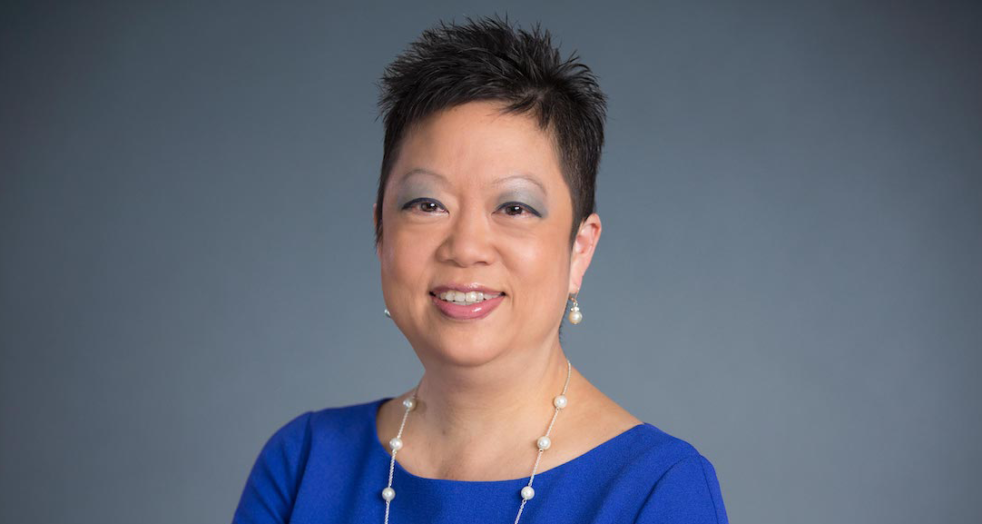In June 2021, Tech appointed Dr. Luoluo Hong as vice president of the newly established Student Engagement and Well-Being unit, a revised and restructured version of the former division of Student Life and division of Campus Services.
Student Engagement and Well-Being includes all the services of the original unit, but the leadership of the unit has been reorganized, and its goals have been refocused to place more emphasis on a holistic approach to student health and well-being.
These changes to the division were caused by a need to realign student services at Tech to better meet the needs of the Tech community.
Such needs include mental health and well-being, physical health and diversity and inclusion.
“How do we create a better co-curricular, out of classroom experience that supports the total student?” Hong said.
As for her role in the new division, Hong said she was hired under the generic goal of coordinating the integration of two divisions into one, more expansive unit. However, during her time at Tech and with her prior experience, she is getting a better idea of what students need from Student Engagement and Well Being.
“There are so many things the out of classroom experience can teach us so that we come out with a whole learning experience,” Hong said. “It’s not just the intellectual skills or the academic expertise, but that we grow as total human beings.”
Hong and the division of Student Engagement and Well-Being are currently working to get to know students and their needs. Through this process, they hope to develop goals that are more uniquely tailored to the campus community.
There are also efforts underway to address some of Tech’s most pressing issues, namely in mental health. Tech has joined the University System of Georgia’s Mental Health Initiative and has received funding to help improve mental health resources.
Additionally, Tech has joined the Jed Foundation initiative. The Jed Foundation is a nonprofit organization whose focus is on the mental health and well-being and suicide prevention among teens and young adults in the US.
Hong is also looking to respond to student concerns over CARE services. The goal of these mental health initiatives is to better understand what mental health needs exist for Tech students and what changes could be made to better meet those needs. She expressed particular concern for students’ ability to take care of themselves while meeting the high-pressure demands of Tech.
“There’s a reconciliation of excellence at Georgia Tech. How do we remain excellent and compassionate?” Hong said.
“Can intellectual, academic, scholarly well-being be enhanced by greater well-being? That’s the approach we have to lean into.”
Hong noted that Tech’s culture of academic excellence and achievement can often interfere with students’ ability to take care of themselves.
Recent changes across campus meant to cater more towards student care is an attempt to change this culture and offer greater resources to support student’s well-being throughout their university experience.
Hong is the first to step into the position of vice president of Student Engagement and Well-Being.
At the beginning of the semester, she sent an email to the campus community to introduce herself and the new division, which received an overwhelmingly positive response from students.
Several students praised her on the Tech reddit page for her honesty and vulnerability in speaking about her personal experiences and trauma.
While she is entering her vice presidency with a resume spanning three decades in education and public health, Hong said her personal experiences ground her to her work.
“I was a sexual assault survivor, and it happened when I was in college … my own experiences of high risk drinking as a way to cope with depression. I also struggled with suicide ideation and made an attempt my sophomore year,” Hong said.
“So that led to pursuing a career in public health.”Hong said her experiences in college taught her the vital impact student services can have on student’s lives.
While at Amherst College, she founded a self-help support group for rape and sexual assault survivors, acting as a supplement to counseling.
“It did things that I don’t know counseling can do by itself. Just the power of being in a room with other women who were college students at the same campus and had gone through it, too,”
Hong said. She began her career working in a rape crisis center. While she found the work to be rewarding, it showed her the need for greater crisis prevention services. This inspired her approach to dealing with rape and sexual assault on campus.
Additionally, she spoke about how her own experiences with racial and gender-based discrimination and microaggressions influenced her passion for diversity and inclusion in schools.
“I also experienced feelings of ‘I’m other,’ ‘I’m different’ because of who I am and what I look like,” Hong said.
The division is placing an emphasis on major concerns of students including issues of diversity and inclusion and financial support for students. Hong’s approach places students at the forefront.
From meeting with and learning from student communities to working with students in decision-making bodies, Hong wants to ensure that students have a voice in the administration.
“I’m always going to stand up for what I think is right … I will speak up if I believe there is injustice,” Hong said.
“I will use my voice at the table in asking questions and supporting what best supports students, and I will use what I learned from students … The good, the bad, the ugly, the gorgeous. I’ll try to bring all that to bear.”
To reach out to the division of Student Engagement and Well-Being, email[email protected].
